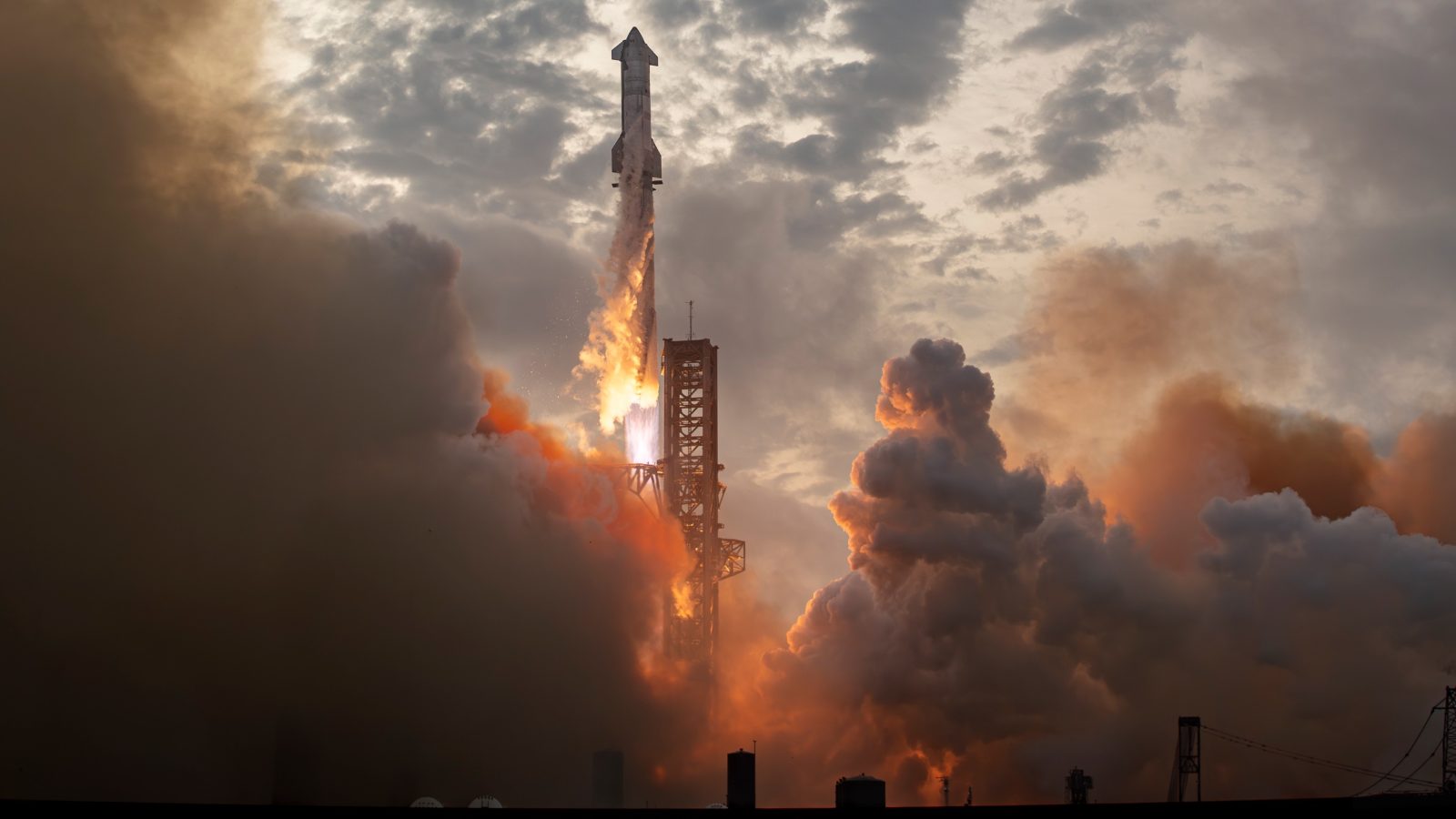
Bloomberg reports that SpaceX will sell its privately held shares for a new price of $112 a piece. With a new valuation of $210 billion, it now tops the charts for US unicorns and close to being number one worldwide.
Back in May Elon Musk restated over X that SpaceX is not in a position where it needs outside funding, but shared that the company would actually be buying back shares. Since the company’s start, SpaceX has offered shares to it employees which they can sell at specific times of the year, usually every six months.
These “tender offers” give us insight into what the company values itself and what investors are willing to pay for shares of the company. Unlike public companies, whose share prices can bee seen in real time during trading hours, private companies don’t need to publicly share any details about share price, and usually don’t.
According to sources, Bloomberg reports SpaceX’s new valuation to be near $210 billion, which they also claim as a new record for US companies. According to CBINSIGHTS, they place SpaceX as the second more most valued unicorn in the world, right behind Bytedance, the owners of TikTok.
The last known valuation of SpaceX was back in December at $180 billion and a share price of $97 apiece.
Is there any limit to SpaceX’s value?
The sky high valuation of SpaceX is thanks to its dominance in the commercial launch sector and success in the breakthrough of Starlink satellite internet.
SpaceX has a de facto monopoly on commercial spaceflight with both India’s ISRO even stating they have rockets in storage but no customers, because of SpaceX’s lower prices. Even after a long belief that smaller dedicated rockets could succeed, in today’s market, if you aren’t competing with SpaceX, you aren’t succeeding.
And because of that dominate launch performance, Starlink benefited with now over 6,000 satellites in orbit, the service’s latency and reliability has greatly improved. The last update by SpaceX states that Starlink has over 3,000,000 subscribers world wide and that is growing everyday.
Personally I’m excited to finally give Starlink internet a try at EAA AirVenture later in July.
For now there doesn’t seem like anything will change for SpaceX. Its launch competitors are still far away from a competitive and responsive launch cadence. For satellite Internet providers, Amazon’s Kuiper project would be the closest to a competitor; it plans to begin beta tests to customers in early 2025.
FTC: We use income earning auto affiliate links. More.




Comments